Here's what BT’s entry into mobile means for the market
Mobile-only operators are dead: are we headed towards consolidation?

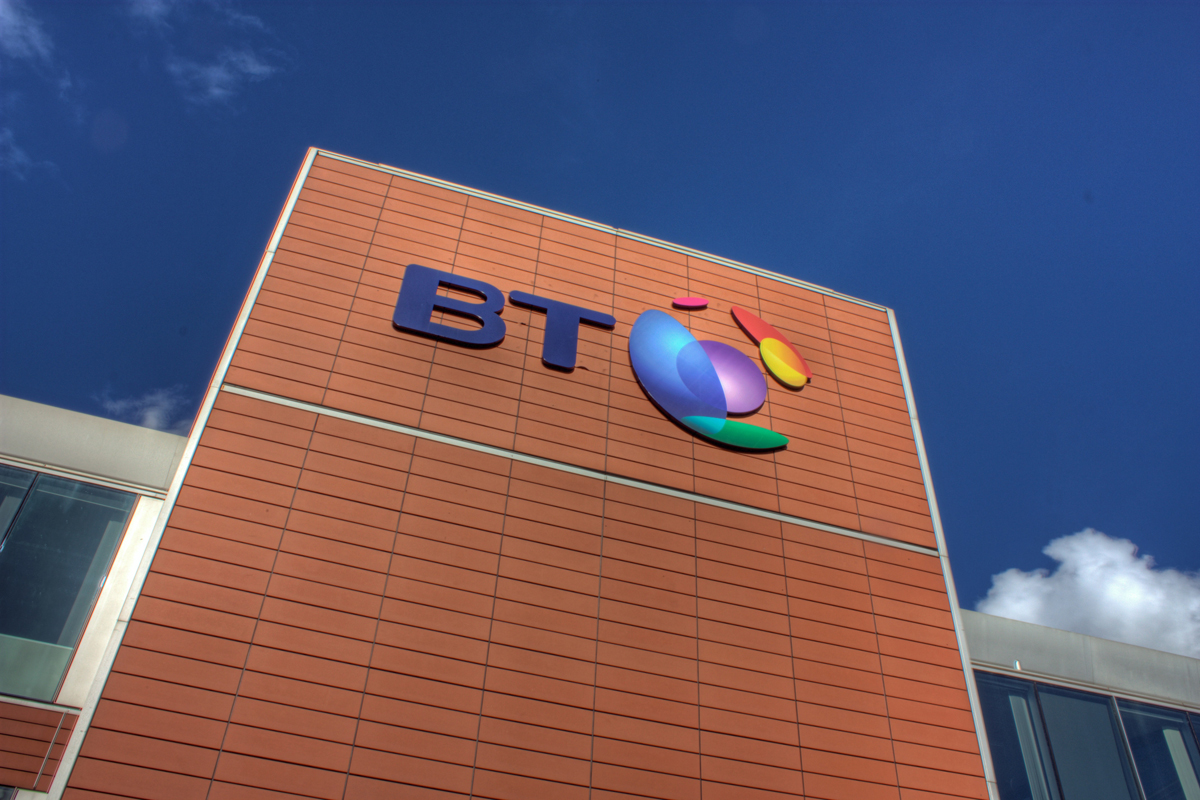
BT announced its return to the mobile market this week, a year after leaving the launching a range of 4G subscriptions and threatening to shake up the market with super-cheap prices.
It comes after the telco giant announced its 12.5 billion acquisition of EE, which is now being scrutinised by Ofcom.
If passed, the former nationally-owned company will have an unprecedented 31 per cent share of UK mobile customers following the merger.
The cheapest of the telco giant's SIM-only 4G subscription offerings will be priced at just 5 a month for existing BT broadband customers, and the company promises consumers that they could save around half of what they currently pay for their mobile service.
The question of whether BT's offering will pose a significant threat to other providers or provide more competition remains open, but it does look set to shake up the mobile market.
BT was first a mobile player in 1985, when it launched what's now known as O2 in a joint venture with Securicor.
Subsequently renamed BT Cellnet, BT then spun off the service, before it was bought by Telefonica in 2005, which rebranded it O2.
Sign up today and you will receive a free copy of our Future Focus 2025 report - the leading guidance on AI, cybersecurity and other IT challenges as per 700+ senior executives
After much speculation, BT snapped up EE rather than O2, and the move appears far less of a risk than before.
Where BT was once a pioneer in the mobile market, its renewed efforts in the mobile space are set to shift it once again, with the acquisition giving it multi-plat status: landline, broadband, pay-TV and now mobile.
Paolo Pescatore, director of multiplay and media at CCS Insight, believes BT's actions will spark sharp change in the UK market.
"BT has made the right decision to offer a range of simple and transparent packages as part of its return to the consumer mobile market," he says.
"The tariffs are spot on and it lays down the gauntlet to other multiplay providers in the UK."
Speaking to IT Pro about the state of mobile in the UK, Professor Simon Saunders, director of technology at Real Wireless, points out the shift in offerings from the country's providers.
"There's been pretty major movement of the tectonic plates of both the mobile and the fixed markets for the UK," he says. "We've had substantial movement over the last couple of years, with first the consolidation of T-Mobile and Orange into EE, and then the spectrum auction, which substantially changed the position of the different players going into 4G.
"With this change we're seeing something very interesting in a way I think it's fair to say that the idea of a mobile-only operator, certainly in a UK context, is pretty much dead, and the idea that we separate mobile operators and fixed line operators into two different brackets needs essential revision."
Clive Longbottom, analyst at Quocirca, agrees saying the UK is now in a post-quad-play' environment in which companies need to offer landline, broadband, mobile and television in order to remain at all competitive in the market.
BT, of course, has now completed the set with its move into mobile.
"[BT's] new foray into the market will allow it to be a true quad player," Longbottom says. "However, this, on its own, will not be enough Virgin and Sky will also be there and loyalty is ephemeral in the market.
"What BT needs to do is to go past the quad-play thought process, instead going for a unified play. By pulling everything together and layering other services on top of ubiquitous connectivity, it makes its customers far more sticky which is what the financial markets are looking for."
Quad-play offerings are far more prevalent in Europe than the UK, but BT's move is changing this, forcing providers to expand their offerings to customers.
Three looks likely to buy BT's spurned offspring, O2, for 10.25 billion, while rumours have it Sky is wheeling out its shopping trolley, too.
But BT's buy-out of EE will also affect rival providers in other ways, with Ofcom inviting competitors to voice their concerns before delivering a final verdict.
"I don't think any fixed player can be credible these days without a mobility offering," Saunders adds.
"By this move, BT/EE ends up in a very strong position with more customers than anybody else, with a bigger fixed network, with more sites and with more spectrum collectively. So very clearly they're in a position to offer impressive coverage and impressive capacity to their impressive numbers of customers."
For BT's rivals, it could be worrisome, despite the telco's claims that consumers will end up getting wider choice and better deals out of the acquisition.
This, however, may not actually be the case, with "sufficient competition" cited by Ofcom as a major necessity in the market.
There's also the issue of customer share, with BT and EE together holding a large portion of the broadband market combined. In 2014, Ofcom stats show BT had 31 per cent with EE holding on to three per cent, while in second position Virgin Media only had 20 per cent of UK customers signed up.
In addition to this, CCS Insight estimates that eight in 10 UK households will be signed up to a multiplay bundle package by 2019, with the market moving rapidly into quad-play as standard.
"What we've seen in the mergers that have happened in the mobile market across Europe over the last several years is that, by and large, the mergers have gone through," Saunders adds.
"But there have tended to be some strings attached and those strings have gotten progressively more tangled with each successive merger or takeover."
There are many areas Ofcom must look at to tackle this, he says, including access to sites, share of spectrum and access to the host network at a good wholesale rate.
"Other mergers have led to parties having to divest themselves of spectrum, so that other people can get involved... I'd expect for the competition authorities to be thinking about that whole range of potential competition remedies, and a few more elaborate ones besides."
BT's return to the mobile market, bolstered by the EE merger, means a lot of things for competitors and customers - however, there are also a lot of potential issues that need to be addressed.
Over the coming months, telcos and mobile carriers will squabble over broadband access, BT's dominance of the market and plenty of other issues.
But one sure thing is that a quad-play offering is fast becoming a requirement for all providers, and BT's EE purchase is the preamble to a scramble to consolidate: mobile operators want to be bought, and telcos will be looking for the most suitable acquisitions.
Caroline has been writing about technology for more than a decade, switching between consumer smart home news and reviews and in-depth B2B industry coverage. In addition to her work for IT Pro and Cloud Pro, she has contributed to a number of titles including Expert Reviews, TechRadar, The Week and many more. She is currently the smart home editor across Future Publishing's homes titles.
You can get in touch with Caroline via email at caroline.preece@futurenet.com.
-
 Morgan Stanley research warns AI is having a huge impact on jobs
Morgan Stanley research warns AI is having a huge impact on jobsNews Analysis of five sectors highlights an "early warning sign" of AI’s impact on jobs
-
 AI is “forcing a fundamental shift” in data privacy and governance
AI is “forcing a fundamental shift” in data privacy and governanceNews Organizations are working to define and establish the governance structures they need to manage AI responsibly at scale – and budgets are going up
-
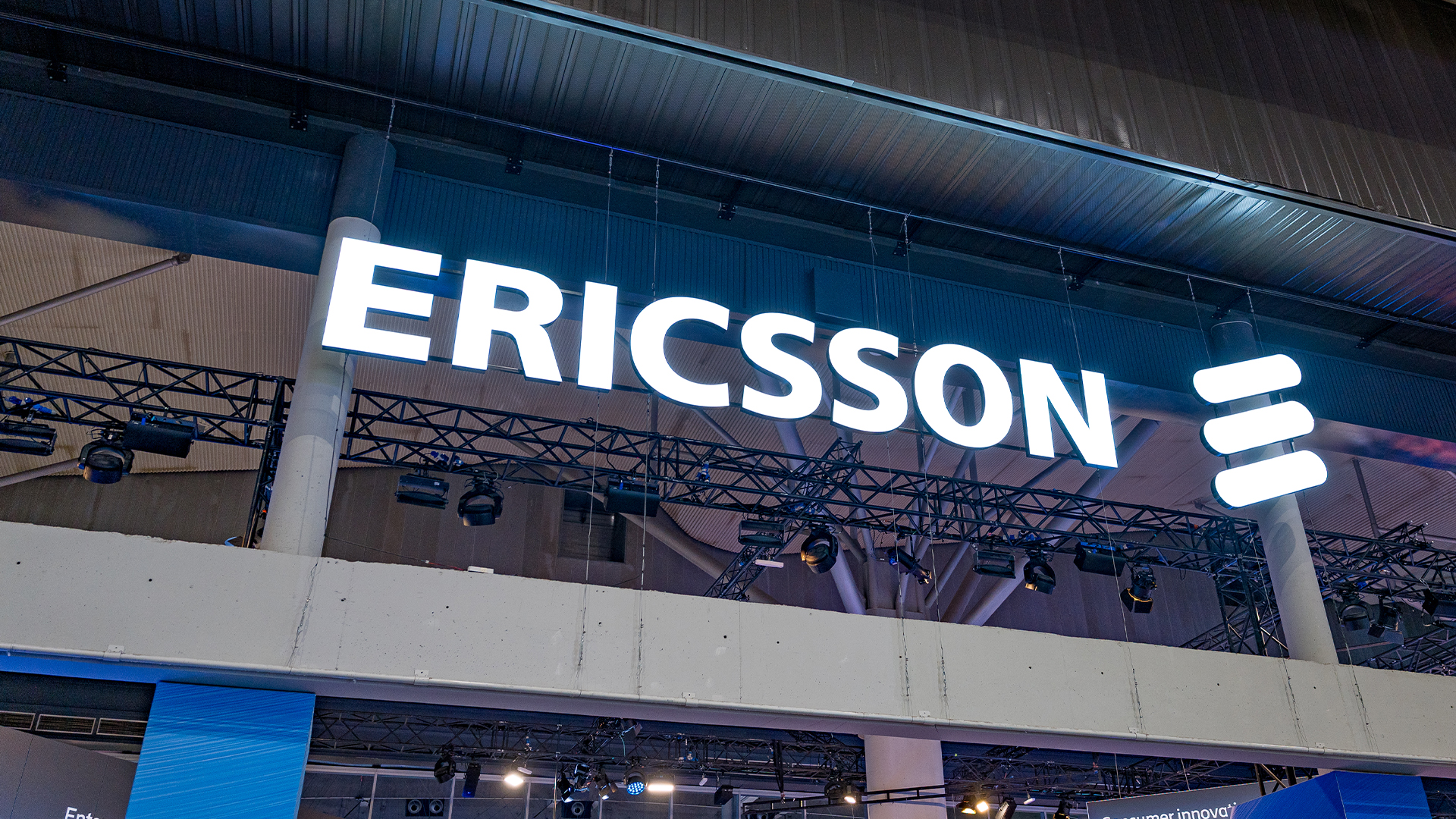 Three and Ericsson just launched a first-of-its-kind managed 5G service for businesses
Three and Ericsson just launched a first-of-its-kind managed 5G service for businessesNews The new 5G service looks to supercharge business connectivity across Ireland
-
 Equinix acquires BT's Irish data centers in €59 million deal
Equinix acquires BT's Irish data centers in €59 million dealNews As BT moves to an asset-light business model, Equinix looks to expand
-
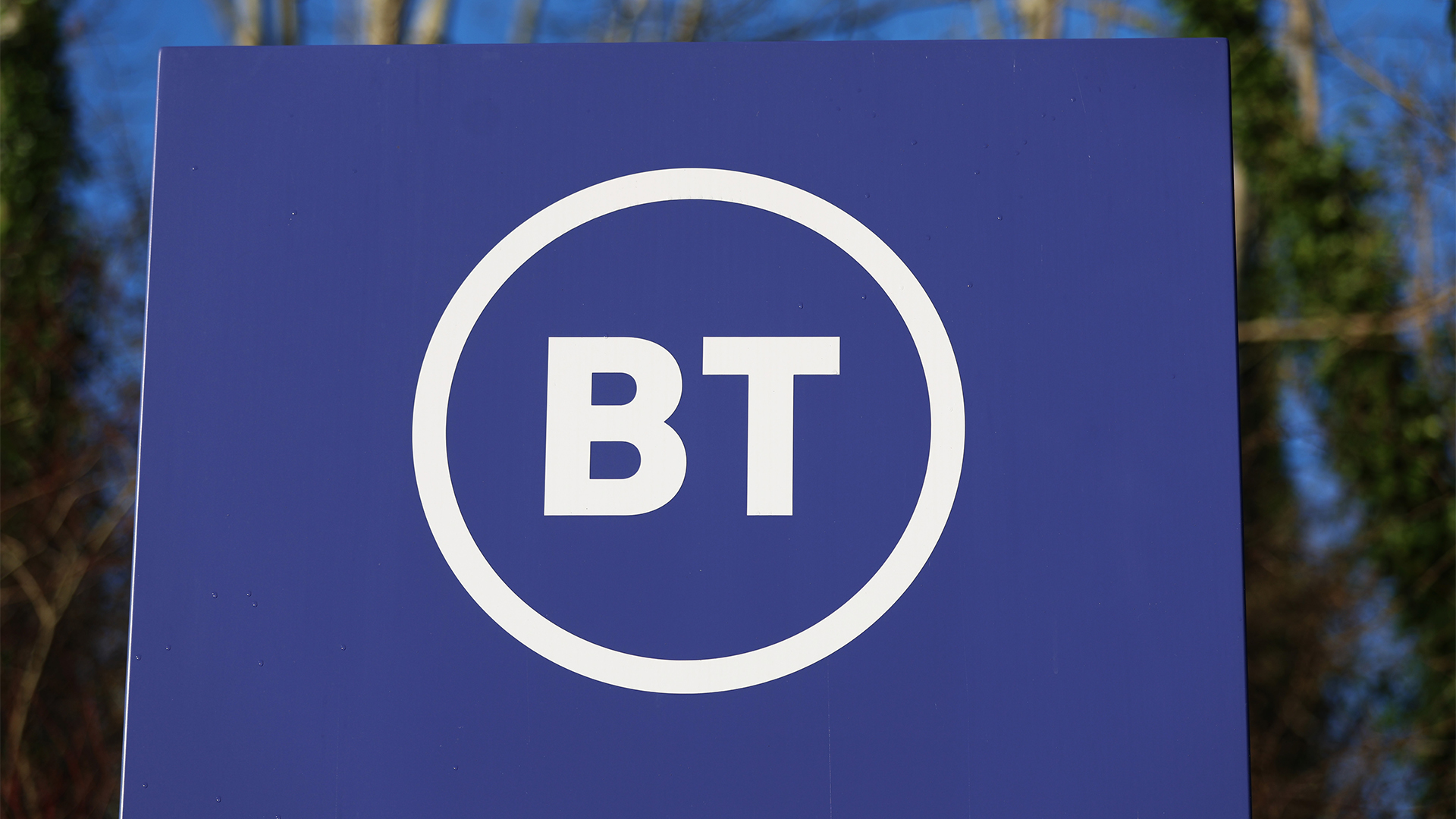 BT just extended the PSTN switch-off deadline — here’s what you need to know
BT just extended the PSTN switch-off deadline — here’s what you need to knowNews BT described the move as a “revision”, citing a series of improvements to the wider PSTN switch-off programme
-
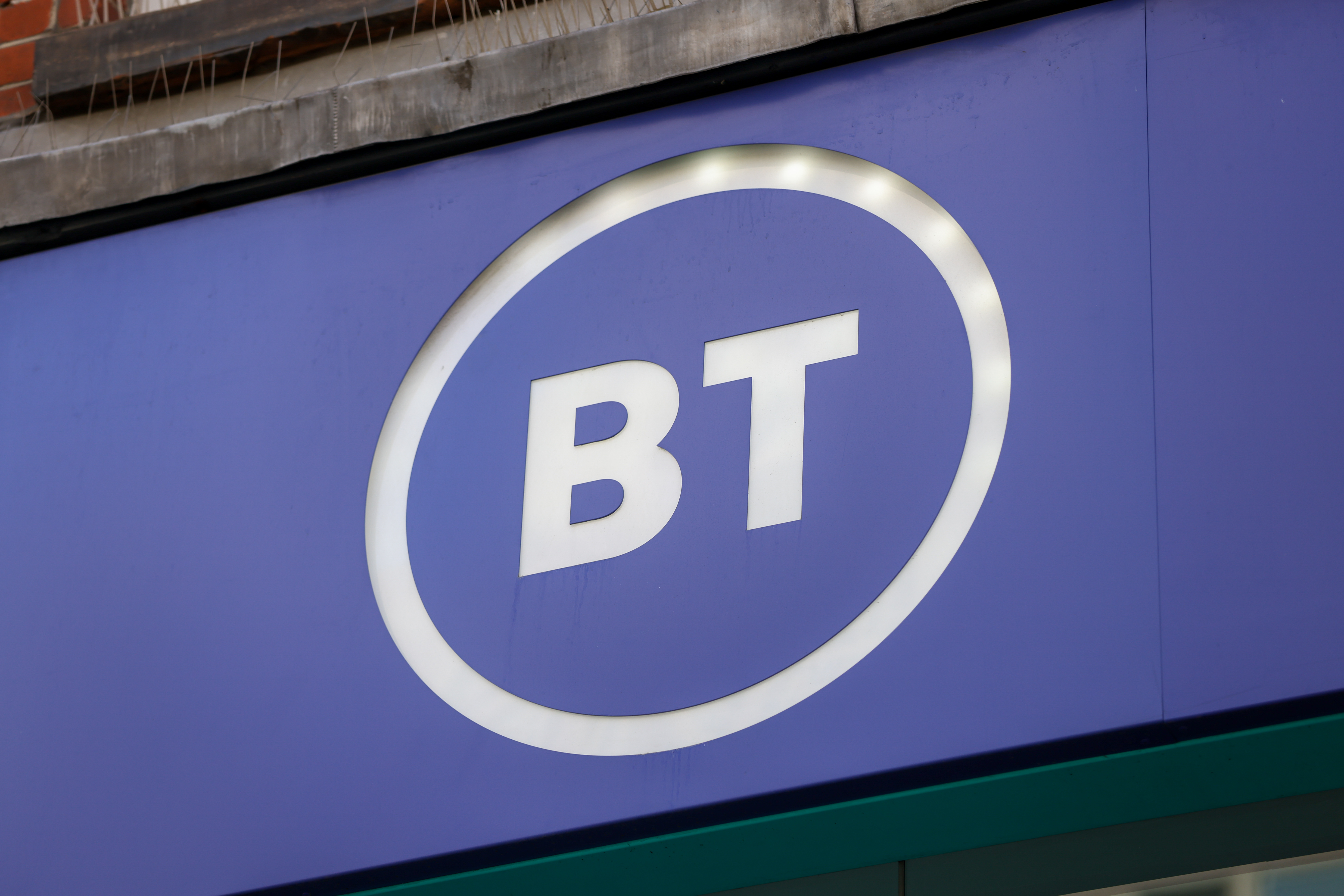 BT misses key Huawei kit removal deadline, but the telco is “almost over the line”
BT misses key Huawei kit removal deadline, but the telco is “almost over the line”News BT is still reliant on non-compliant Huawei equipment for 2G and 3G services
-
 BT partners with HPE to deliver new global managed LAN service
BT partners with HPE to deliver new global managed LAN serviceNews The latest collaboration combines BT’s connectivity expertise with HPE Aruba Networking’s latest LAN solutions
-
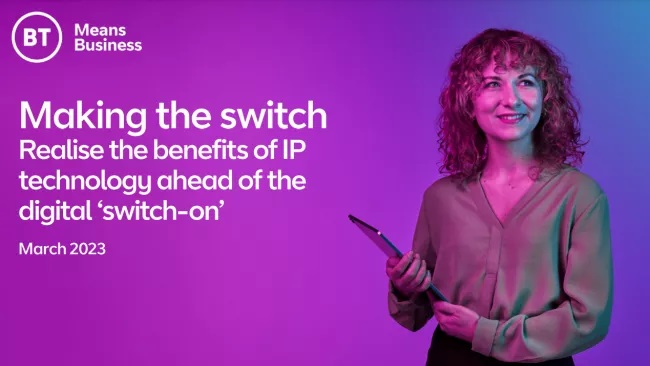 Making the switch
Making the switchWhitepaper Realise the benefits of IP technology ahead of the digital ‘switch-on’
-
 BT and OneWeb succeed in "game changer" satellite connection trial
BT and OneWeb succeed in "game changer" satellite connection trialNews Smaller businesses in rural areas could benefit from improvements to backhaul services using satellites, with speeds increasing by an order of magnitude
-
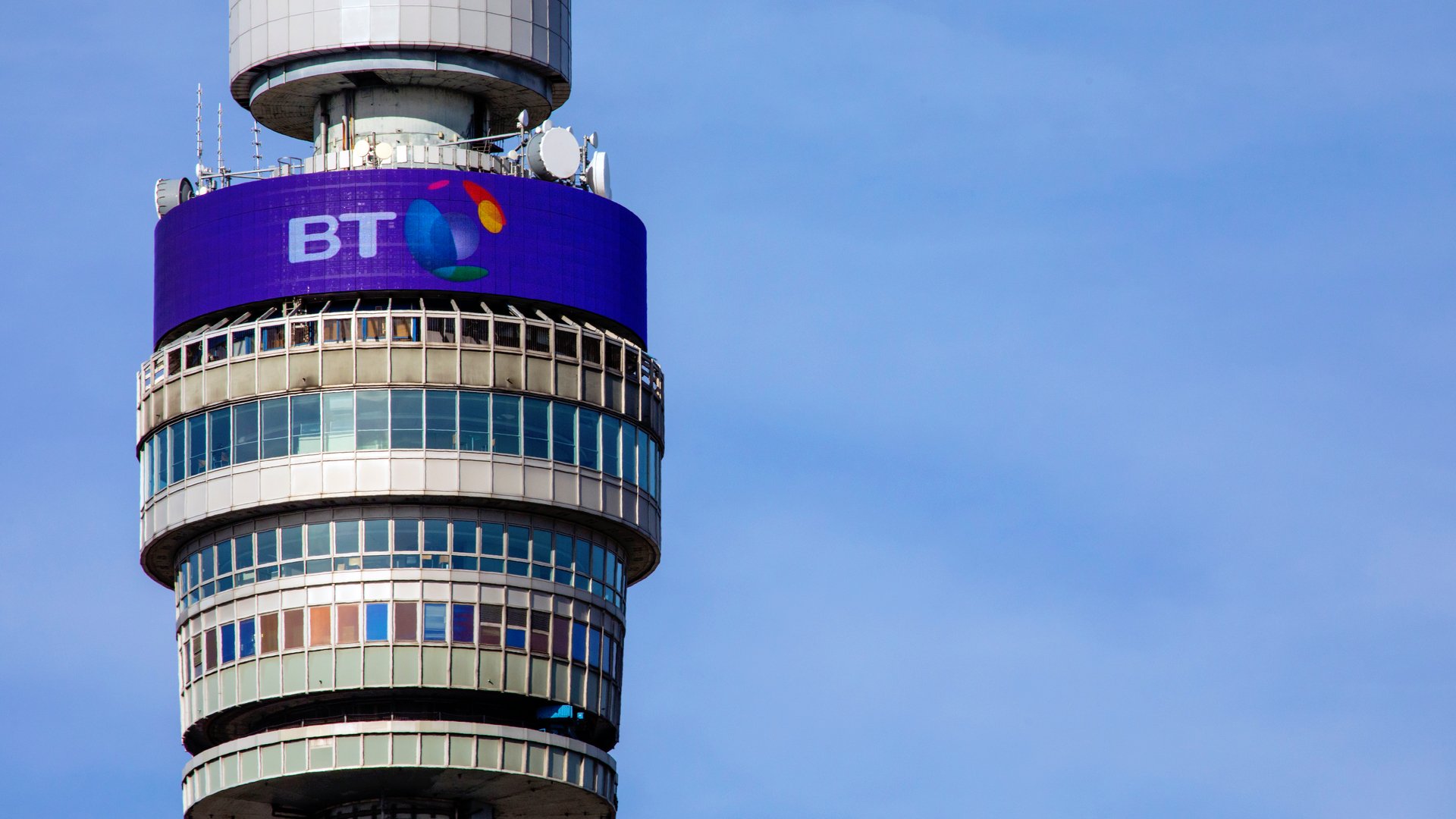 BT, Nokia crack four carrier aggregation on a 5G network in first for Europe
BT, Nokia crack four carrier aggregation on a 5G network in first for EuropeNews The breakthrough marks the first successful use of such technology on a live network, and could lead to dramatic network improvements
